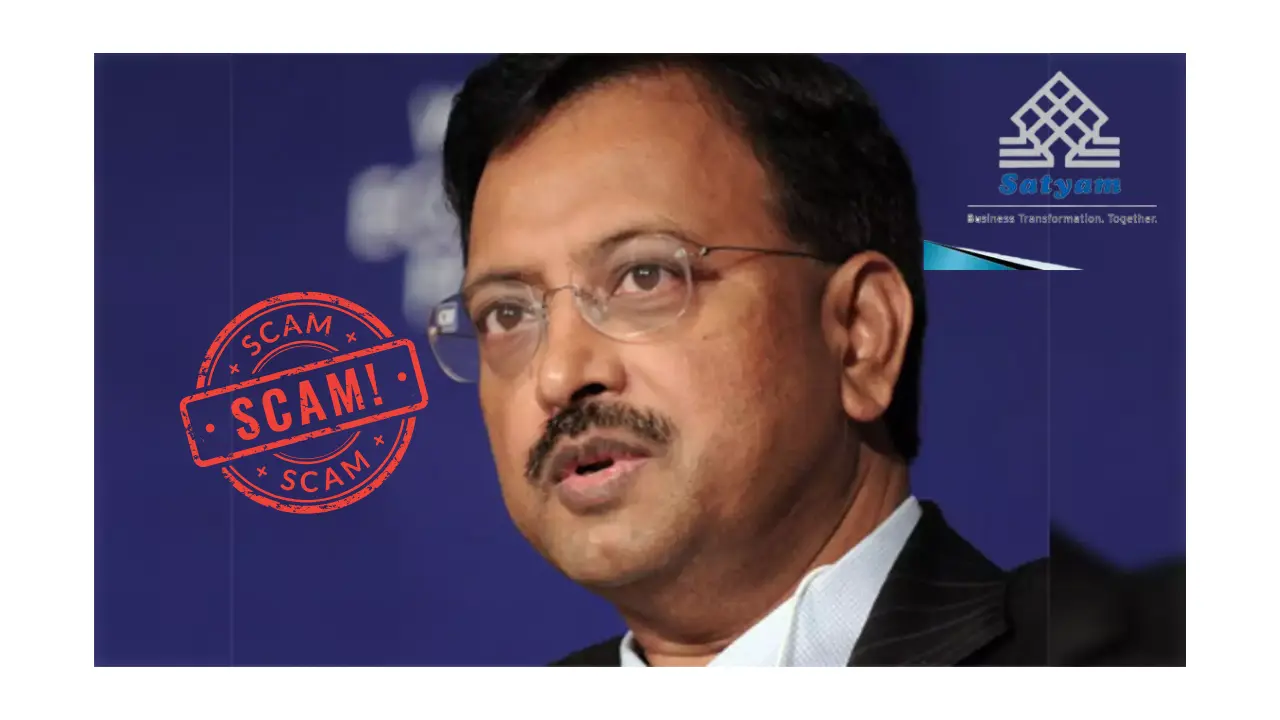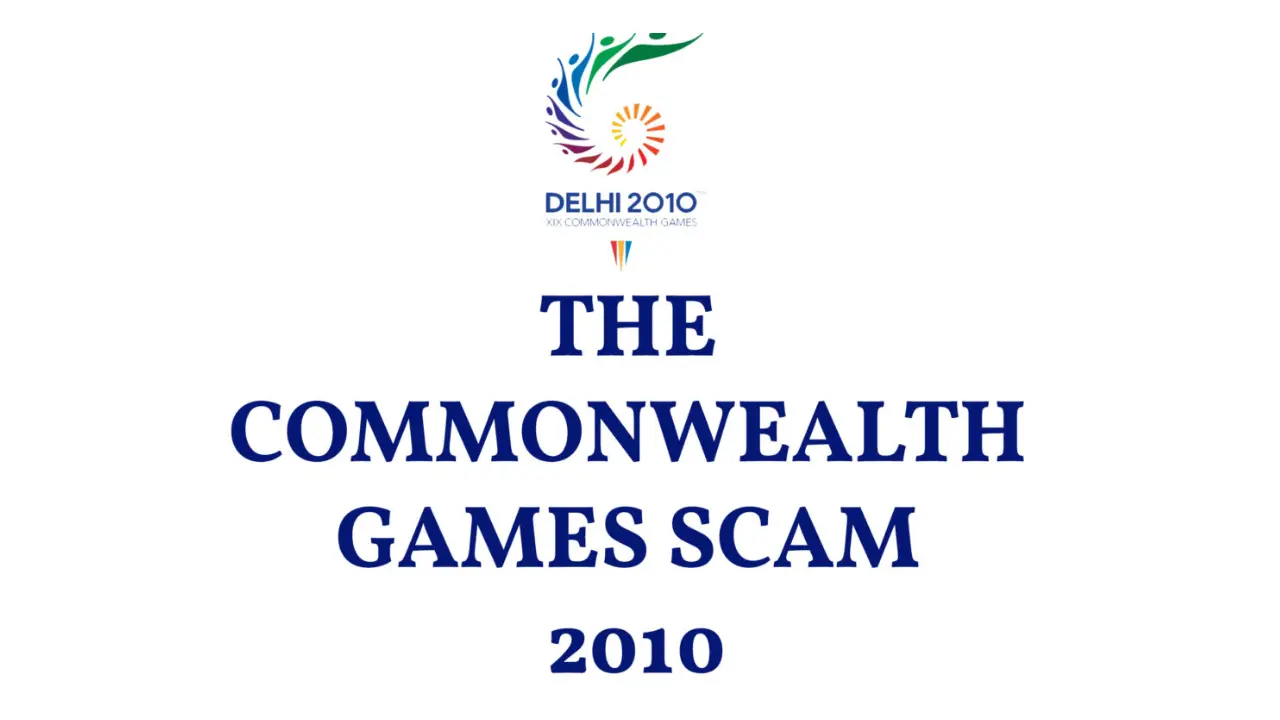The Satyam scandal, revealed in 2009, exposed one of India’s largest corporate frauds, highlighting critical failures in governance and ethics.
The Collapse of Satyam Computer Services
Originally praised as a model of India’s IT capability, the Raju brothers founded Satyam Computer Services in 1987. Fast expanding, Satyam Computer Services placed itself on the Bombay Stock Exchange (BSE) in 1991, meeting the underwriting demand 17 times over. It brought about $2 billion a year by 2008. Behind this accomplishment, though, was a web of dishonesty that would eventually become India’s worst corporate fraud till 2010.
Unmasking the Deception
The affair first surfaced in 2009 when chairman Byrraju Ramalinga Raju admitted to falsifying Satyam’s records. Satyam’s financial records for years displayed fictitious bank balances and profits, therefore boosting share values and misleading investors. Raju and his friends then invested their saved funds in real estate. The 2008 collapse of the Hyderabad property market revealed a scam that brought down the business.
The Mechanics of the Fraud
Satyam’s records show that board members received over $3 million in “salary payments” intended for non-existent staff. Raju and colleagues obtained cheap loans in the USA using fictitious assets, which they later embezzled. The corporation’s internal ERP systems were manipulated to support phony bills and receipts, totaling about ₹ 5,000 crore in fictitious fixed deposits.

The Aftermath and Legal Consequences
Raju resigned in January 2009, owing to his dishonest behavior. Taking over the matter and compiling several charge sheets was the Central Bureau of Investigation (CBI). By April 2015, the Central Bureau of Investigation (CBI) found Raju and ten others guilty, thereby exposing the shortcomings of India’s legal and financial institutions.
Starting anew: Mahindra Satyam
Following the controversy, Tech Mahindra bought Satyam at a public auction rebranding company as Mahindra Satyam. Beginning in 2018, Satyam’s auditor PriceWaterhouseCoopers (PwC) was forbidden by the Securities and Exchange Board of India (SEBI) from auditing any firm in India for two years. From ₹554 on the BSE and $29.10 on the NYSE in 2008 Satyam’s shares dropped to ₹11.50 and ₹1.80, respectively.
Lessons Learned
The Satyam affair emphasizes in corporate governance the need for openness and moral behavior. It reminds businesses and authorities both of the importance of strict control and strong financial systems to stop such frauds. This case showed big holes in regulatory oversight and financial responsibility, which shows how important strong internal controls are.





